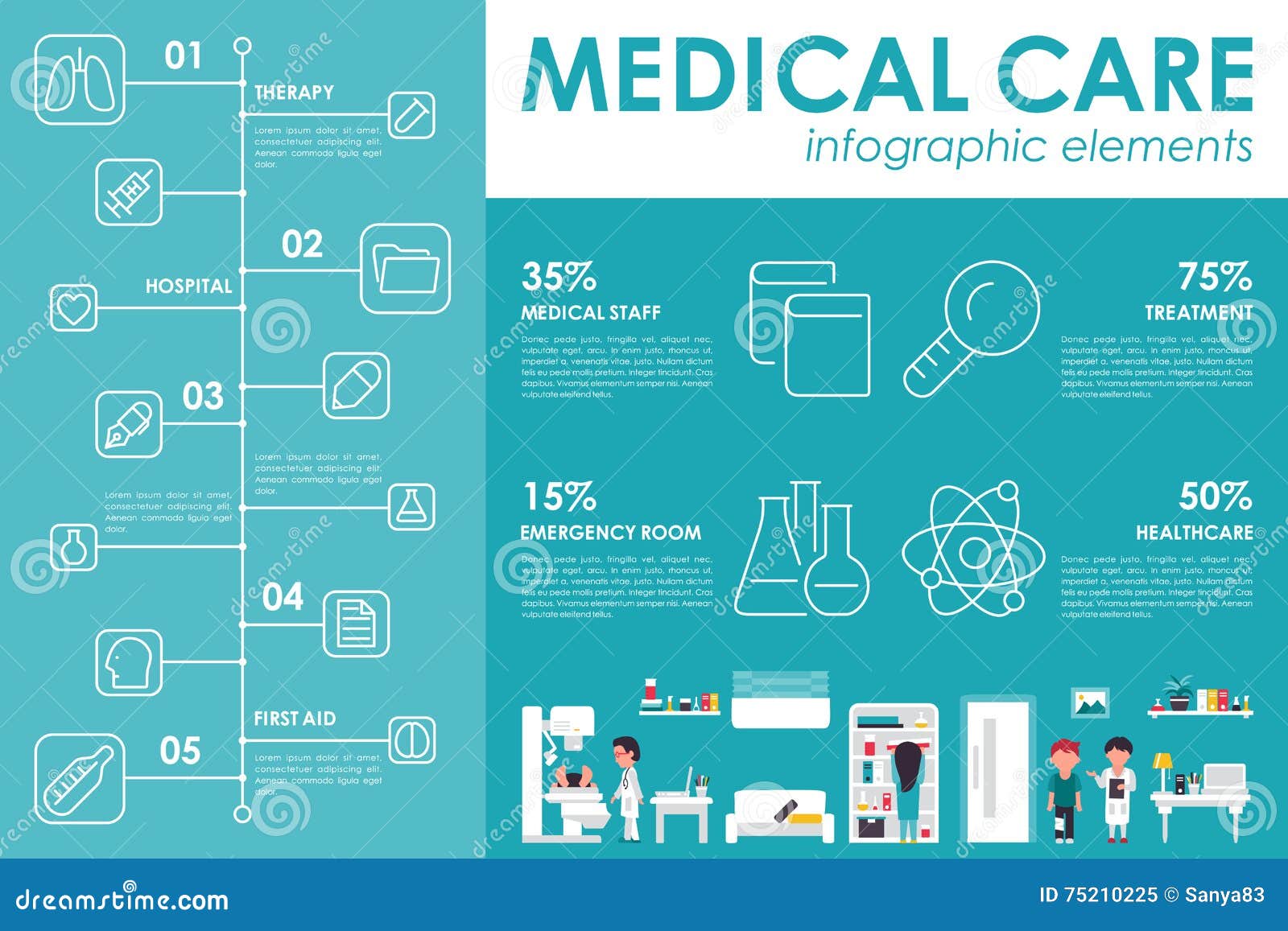


The participants of this study included all types of medical practitioners who use the laboratory service for patient management, including nurses, general practitioners (GPs), interns, health officers (HOs), and specialists. The survey was undertaken in 19 health institutions in the SNNPR. 10Ī questionnaire-based cross-sectional survey was conducted from June 2013 through April 2014 to evaluate the satisfaction of medical practitioners in clinical laboratory services. With less than one in 10 of its population (8.9%) living in urban areas in 2008, the region is overwhelmingly rural. Its mid-2008 population was estimated at nearly 16,000,000, almost one-fifth of the country’s population. The South Nations and Nationalities People Region (SNNPR) is one of the largest regions in Ethiopia, accounting for more than 10% of the country’s land area. Therefore, the information obtained from this survey can be applied in process improvement and action plan development to improve clinical laboratory services in southern Ethiopia. 6, 7 Since medical practitioners are the main users of the clinical laboratory service, obtaining their opinion and lessons provides laboratory managers with opportunities to identify areas of improvement in laboratory services. 5Ĭustomer satisfaction surveys can be used as a tool to identify factors that contribute to poor laboratory services and are an important component of a laboratory quality assurance program, which is required for accreditation by different accrediting bodies. 4, 5 These factors may result in ineffective diagnostics and inappropriate treatment, which can eventually lead to increased morbidity and mortality. Reports identified many factors contributing to limited service quality, including lack of properly designed laboratories, shortage of equipment and consumables, insufficient monitoring of test quality, poor maintenance systems, and lack of close follow-up, supervision, and government standards for laboratory testing. 3 Laboratory service facilities in health institutions in Ethiopia have been reported to be very weak and limited. 1, 2 Access to reliable laboratory service remains inadequate in resource-limited countries in sub-Saharan Africa 1 they have sometimes been seen as an afterthought of other health care components from managerial and economic views. This includes a public health role in detection, prevention, and control of communicable diseases. Clinical laboratories are a part of the medical service that is routinely used in clinical practice to improve diagnosis and patient treatment in health care.


 0 kommentar(er)
0 kommentar(er)
